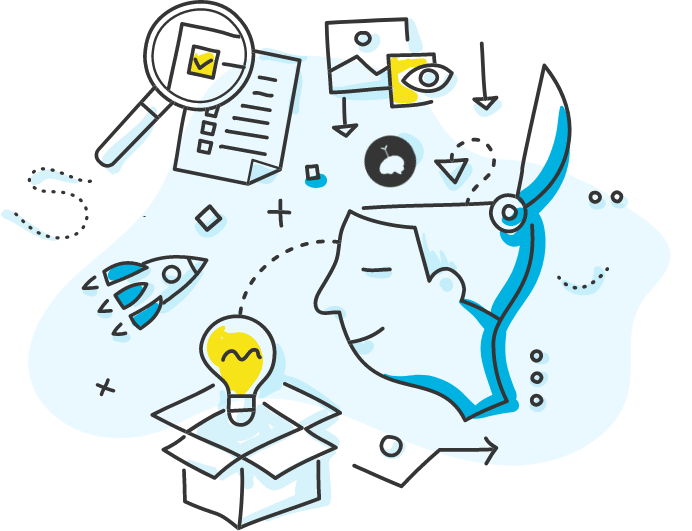Estimated Reading Time: 1 minutes, 53s.

The most powerful way to think about the tasks in your work is to think what consequences doing a task will have. In other words, what will be different in the world because you spent time on something?
The most productive tasks in your work are the ones that set off a chain reaction. You may not feel as productive doing them—spending time on email will usually feel more stimulating and urgent than spending time on something more consequential, like engineering a new product, reaching out to three new customers, or mentoring your team. But you will accomplish more by doing them, because they are so much more consequential.
This is what makes certain productivity tactics—like defining your most important tasks, or setting three daily intentions—so powerful. It’s hard to invest in your productivity when you don’t first think about what you should be productive on in the first place.
This week, I challenge you to do something simple: for one full workday, set an hourly timer on your phone, and once it goes off, ask yourself: what’s the most consequential thing you could be working on at that very moment? And more importantly: are you working on it?
If you’re average, at least at the start, you’ll find that the answer is usually no. But over time, as you repeatedly realign yourself to work on what’s actually important, you’ll find that working on the most consequential task becomes a habit. You won’t always have a say over what you work on—some meetings and tasks are unavoidable—but when you can, adjust course to work on what’s most consequential.
Most people know, at least on some level, which activities in their work (and life) are the important ones. But it’s tough to continually act on that knowledge. Setting an hourly reminder to ask yourself whether you’re working on what’s most consequential is a powerful way to act on what you know is most important throughout the day.




